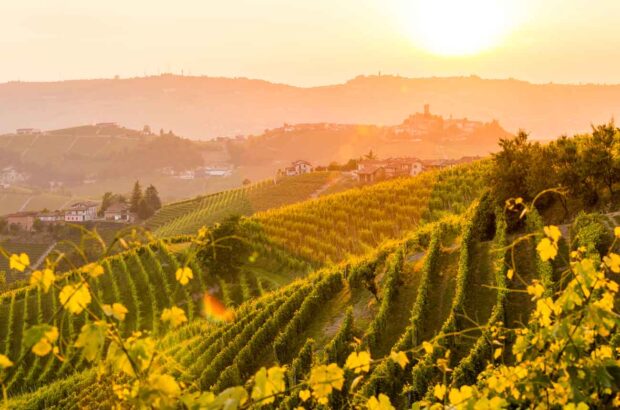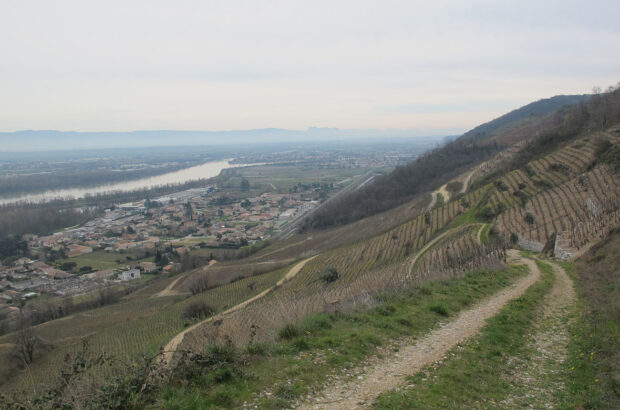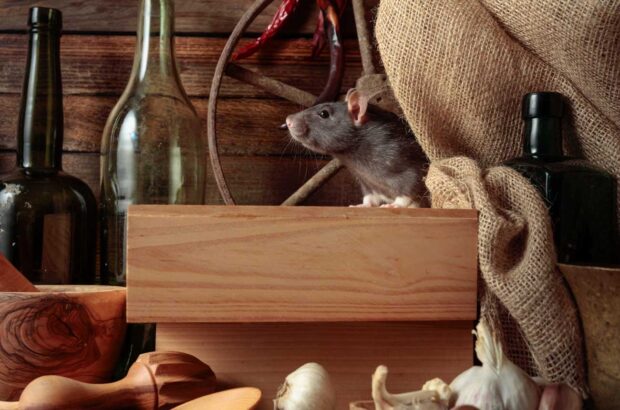Australia is still not making enough progress in redressing the supply/demand imbalance, says an industry body, despite the removal of 17,000 hectares of vines in the past three years.
Photo: Wine Australia
‘Unrealistic expectations, non-commercial motives and short-term opportunism are continuing to motivate many operators to resist change,’ according to the Wine Australia’s Operational Plan for the next 12 months.
Its chief executive Andrew Cheesman told Decanter.com many growers and producers believe the problems the industry is facing is a ‘short-term cycle’ but there were new realities the industry had to accept.
The new realities reshaping the industry include depressed trading conditions in its two main export markets: the US and the UK; the continued strength of the Australian dolar, higher production costs and tougher competition in all markets. Bulk wine sales and ‘opportunistic brand trading’ have also eroded margins, added Cheesman
‘These issues are impeding our ability to grow sales at higher price points, eroding margins/profitablity, resulting in a reduction in our representation and diversity on offer,’ the Plan explained.
Industry bodies are now undertaking a number of initiatives including the development of a new five-year plan by the Grape and Wine Research and Development Council (GWRDC) to ensure the industry from grape grower to retailer are working together to achieve the same goal.
Written by Rebecca Gibb







